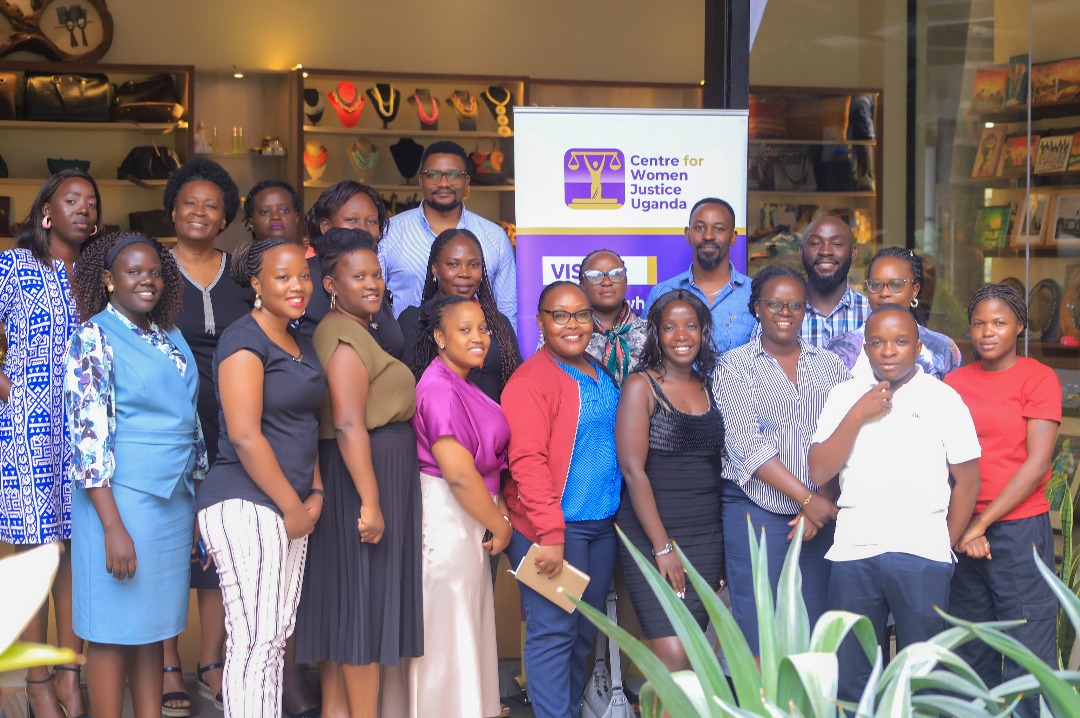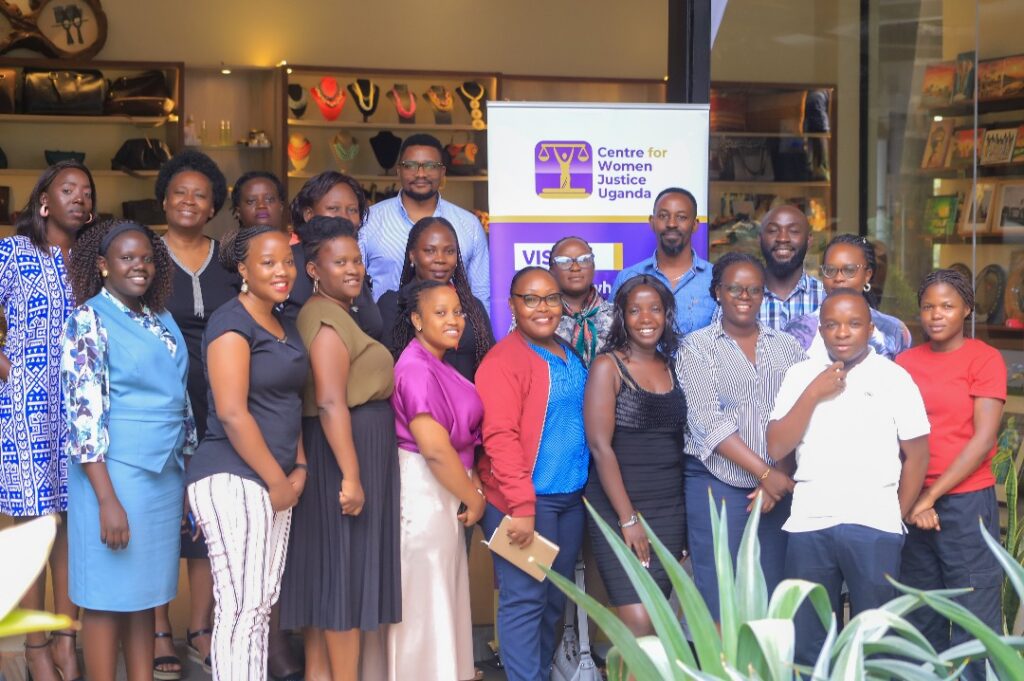
 Mama FM
Mama FM

 Mama FM
Mama FM
20 February 2025, 7:22 pm
By Byamukama Alozious
The Centre for Women Justice Uganda (CWJU) has today morning hosted an emergency meeting to discuss the continued implications of the US aid freeze on HIV advocacy and programming in Uganda.
The meeting, brought together key stakeholders, including civil society organisations, human rights defenders, legal practitioners, community-based organisations, and media representatives to discuss solutions
The US aid freeze, announced by President Donald Trump, has had far-reaching consequences for HIV programming and advocacy in Uganda, with many organisations facing significant funding shortfalls.
Flavia Kyomukama, from the National Forum of People Living with HIV/AIDS Networks Uganda (NAFOPHANU), said she remains in shock upnow at Donald Trump’s decision regarding PEPFAR, a crucial initiative providing antiretroviral treatments to 20 million people infected with HIV/AIDS globally.
“We woke up to a letter from one of our intermediaries, saying ‘Stop here, refund all the money that you have on your account” Kyomukama said.

Kyomukama noted that many organisations were forced to terminate programs and staff, while others were suspended.
“So many people, they went into freeze mode. Those who are lucky to be in the traditional religious related actions, they were suspended. Those ones who were seen as the not in good books with Trump, who are not female or male, who are talking about gender, these things of gender equity, equality, inclusion programs were terminated,” Kyomukama added.
Kyomukama emphasised the pain and disruption caused by the aid freeze, particularly for long-standing institutions like USAID.
Activists urgently want government through her institutions particularly ministry of health to work to work towards solving the solutions before the effect goes beyond control
“USAID, which started in 1961, is an agency for international development. Somebody says they have to disband it. So you can see the kind of pain that comes with that entire history, the institutional memories, how they were removing the agenda, naming and it was like a well-orchestrated plan to paralyze the whole world,” Kyomukama said.
According to statistics, Uganda’s HIV prevalence stands at 5.1%. The country still receives 730 new HIV cases every week, with the majority being young people and girls. Approximately 860,000 women live with HIV in Uganda, accounting for about 61% of the total 1.4 million people living with the disease in the country.
Furthermore, there are approximately 20,000 individuals living with HIV who are not documented or receiving treatment, posing a significant threat to themselves and their communities.
Immaculate Owomugisha, Executive Director of CWJU, noted that in the midst of crisis, it is essential to center human rights and gender issues.
“In the midst of crisis, we need to center human rights and gender issues, ensuring that the voices of marginalized communities are not lost,” Owomugisha said.
Owomugisha emphasised the importance of documentation and advocacy.
“We must document human rights violations and use this documentation for advocacy, leveraging our collective voices and experiences to push for change,” Owomugisha added.
Angel Kyakunzire added, “Most of the organisations are shutting down, and this is the time we need to come together. We need to find ways to keep working as volunteers to keep this momentum going.”